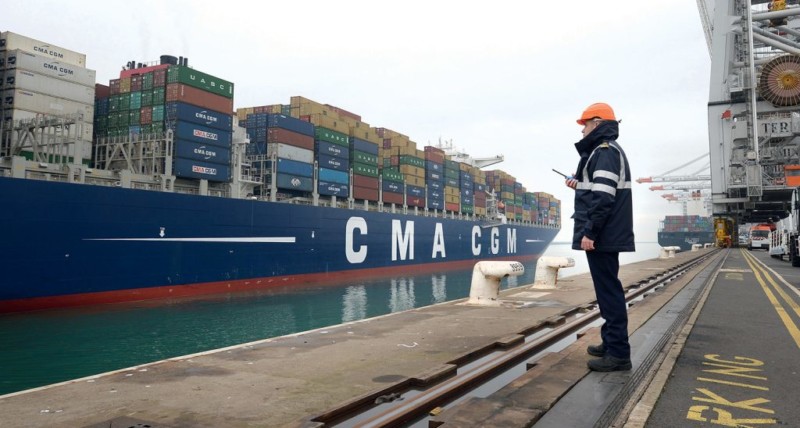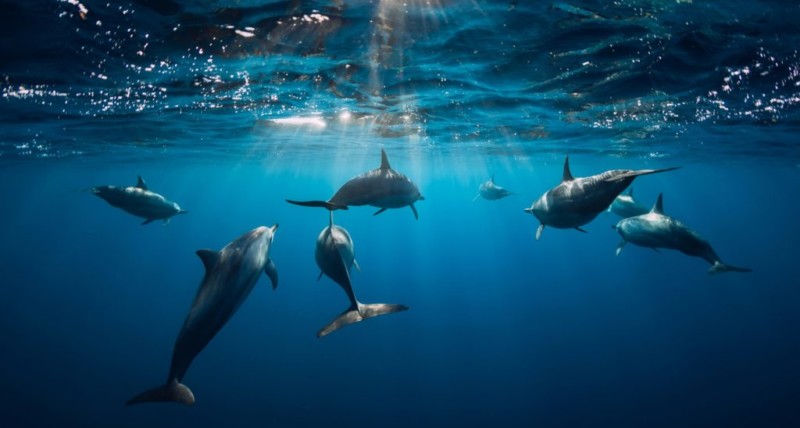Clara Ulrich coordinates fisheries expertise at Ifremer. This specialist on overfishing is calling for urgent measures to prevent collapses.
Preserving fish stocks—the populations that feed humanity and sustain natural balances—is essential to ensuring the survival of the human species. As highlighted by the third United Nations Ocean Conference (Unoc-3)*, held in June in Nice, about one-third of the world’s fishing zones are currently overexploited.
At the One Ocean Science Congress, a scientific meeting held ahead of Unoc-3 in Nice, Le Point spoke with researcher Clara Ulrich, fisheries expertise coordinator at Ifremer, the French Ocean Research Institute. An expert on overfishing, she raised the alarm: “Once fish are overfished and stocks fall too low, it is often too late.”
Avoiding the Risk of Collapse
“We need to limit fishing today—not to make life harder for fishermen trying to earn a living under quotas, but to avoid the risk of collapse,” she continues. “Because once a collapse has occurred, it usually doesn’t return to normal.”
Clara Ulrich, Ifremer scientist.
© Clara Ulrich
Ulrich trained at Ensar (the National Agronomy School of Rennes) as well as at Institut Agro Rennes-Angers. Before joining Ifremer, she spent nearly 20 years as a researcher and professor of fisheries science at the Technical University of Denmark in Copenhagen.
*The third UN Ocean Conference, Unoc-3, was held in Nice from June 8–13, 2025, bringing together 64 heads of state and government along with 12,000 delegates. It was preceded by the One Ocean Science Congress, a scientific gathering co-partnered by Le Point, which assembled 2,500 scientists from around the world from June 3–7, 2025, and issued 10 recommendations to diplomats preparing to negotiate the Nice Agreement. The first barometer of ocean health, named Starfish, was released on June 8, 2025, and will be updated annually.




